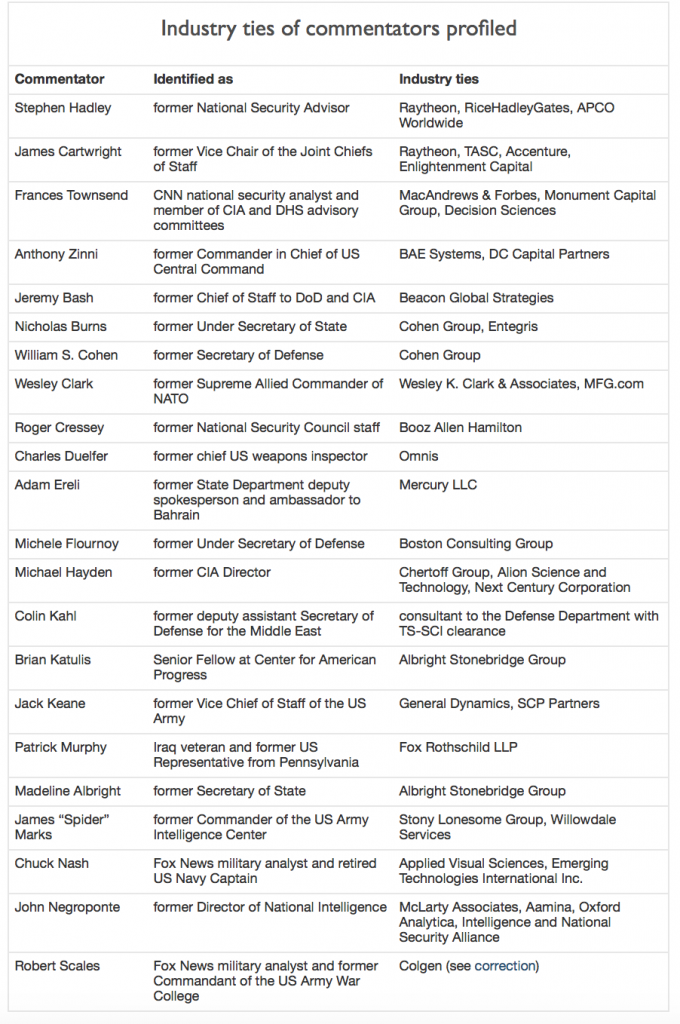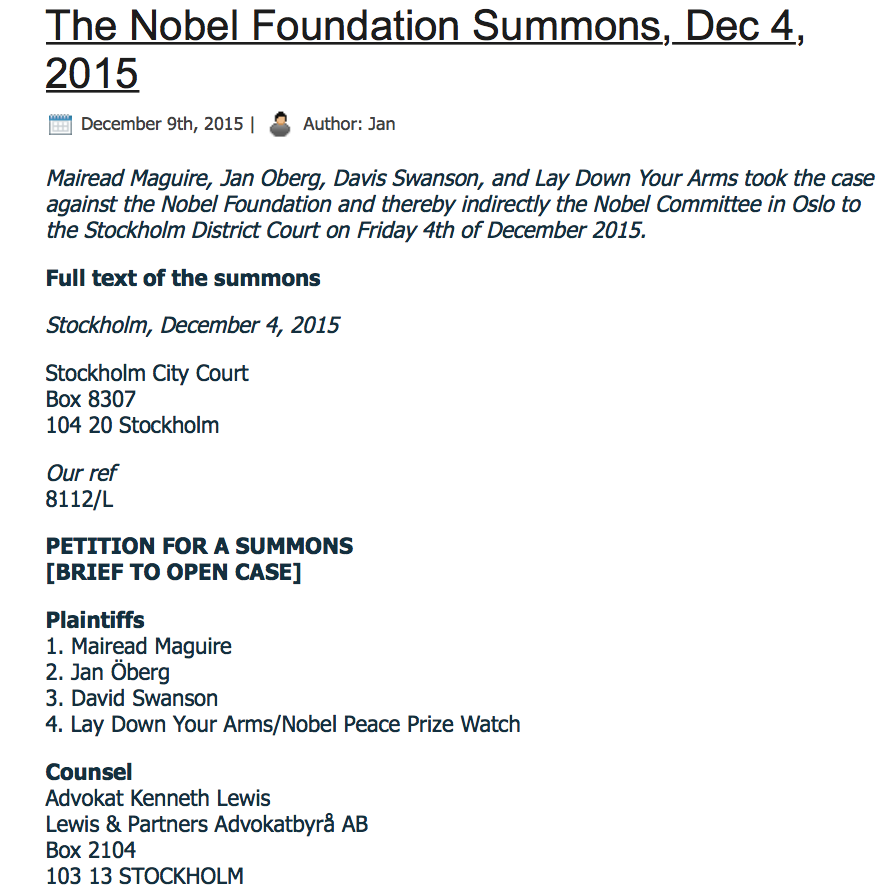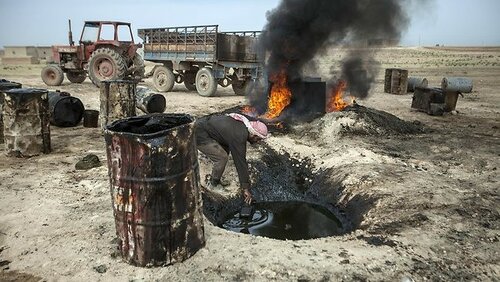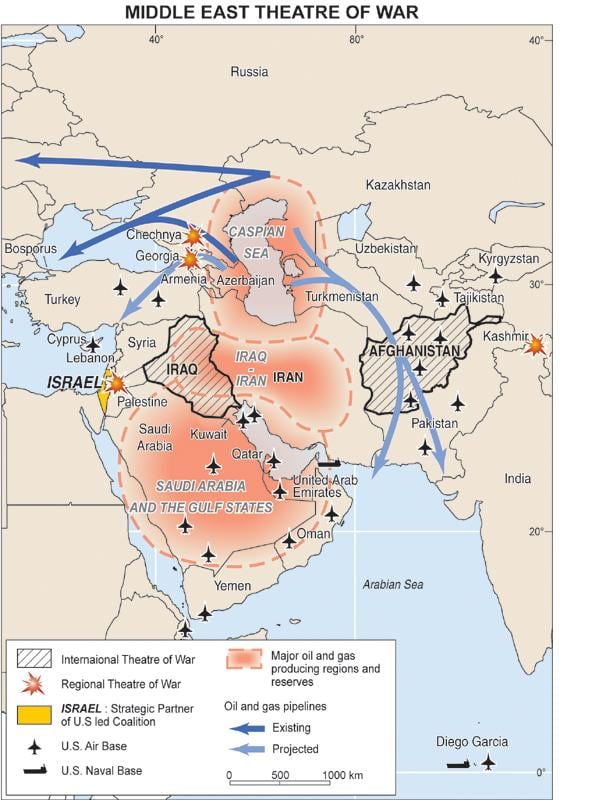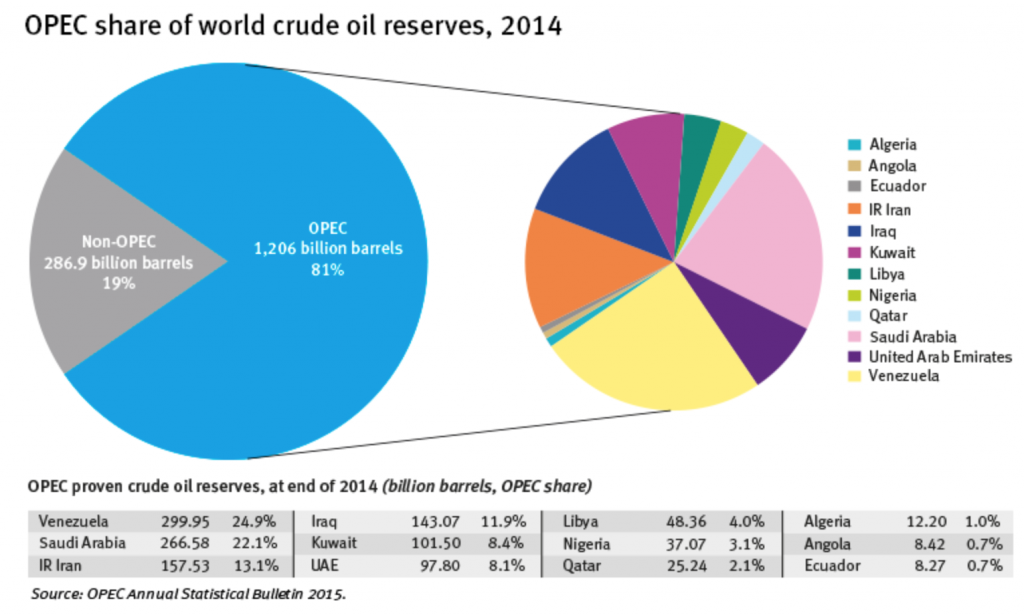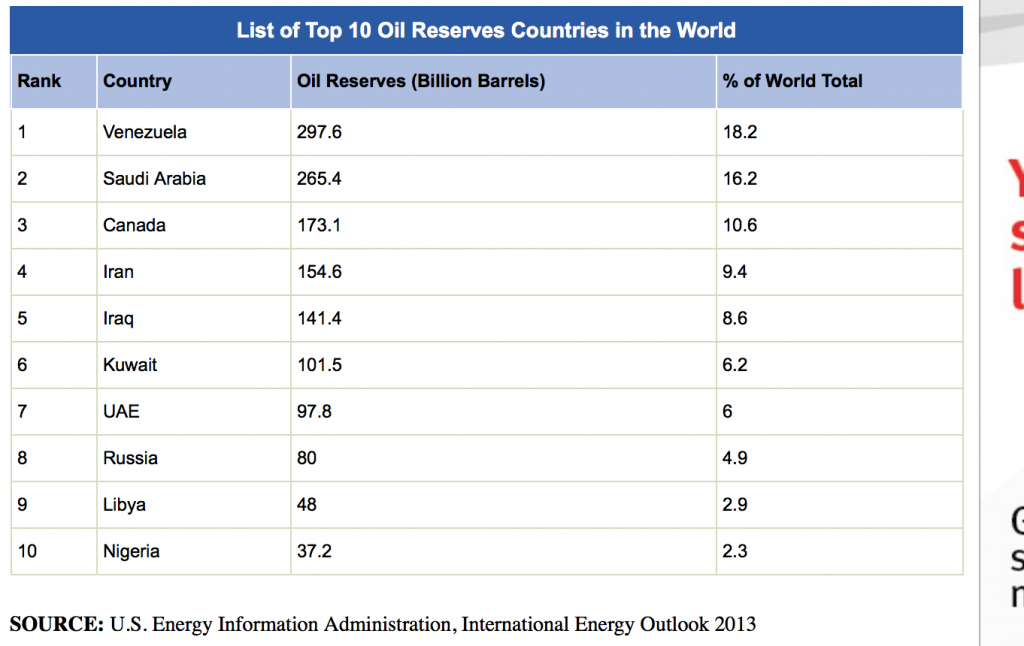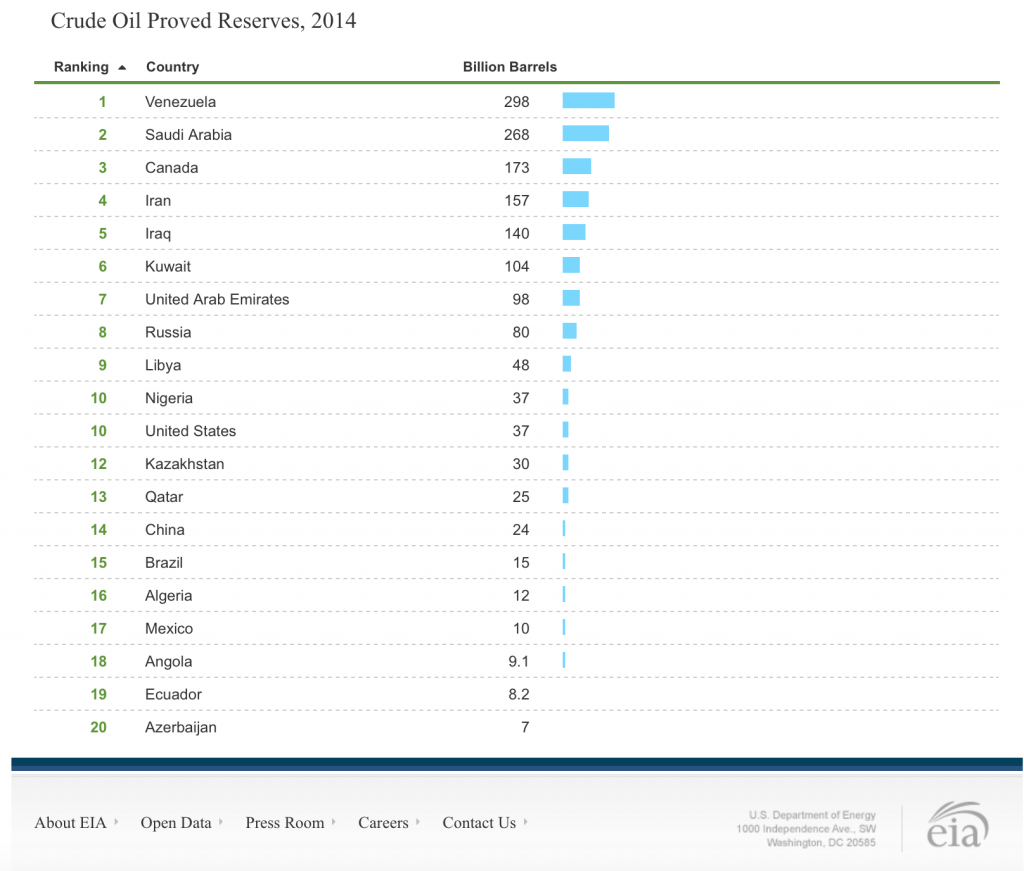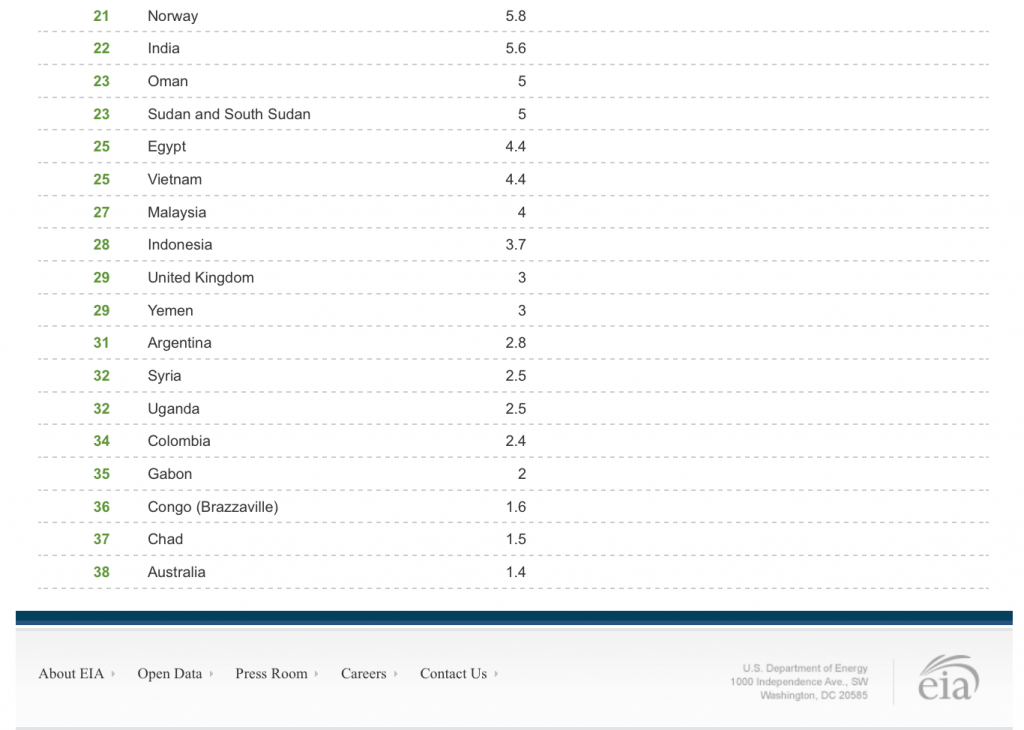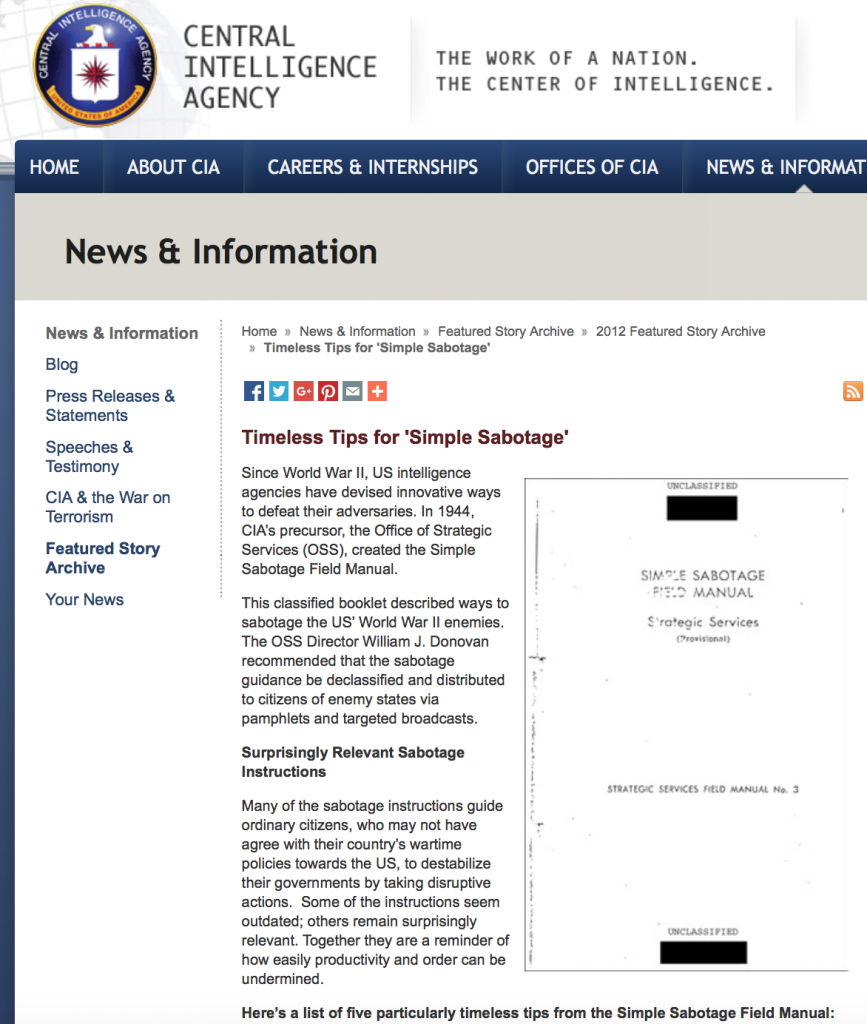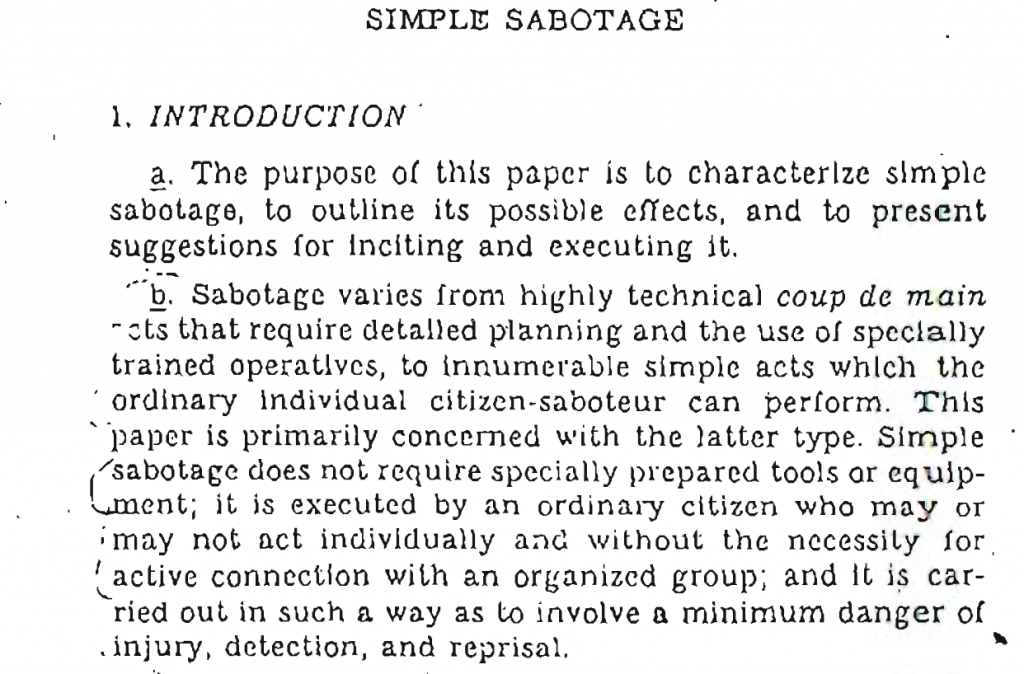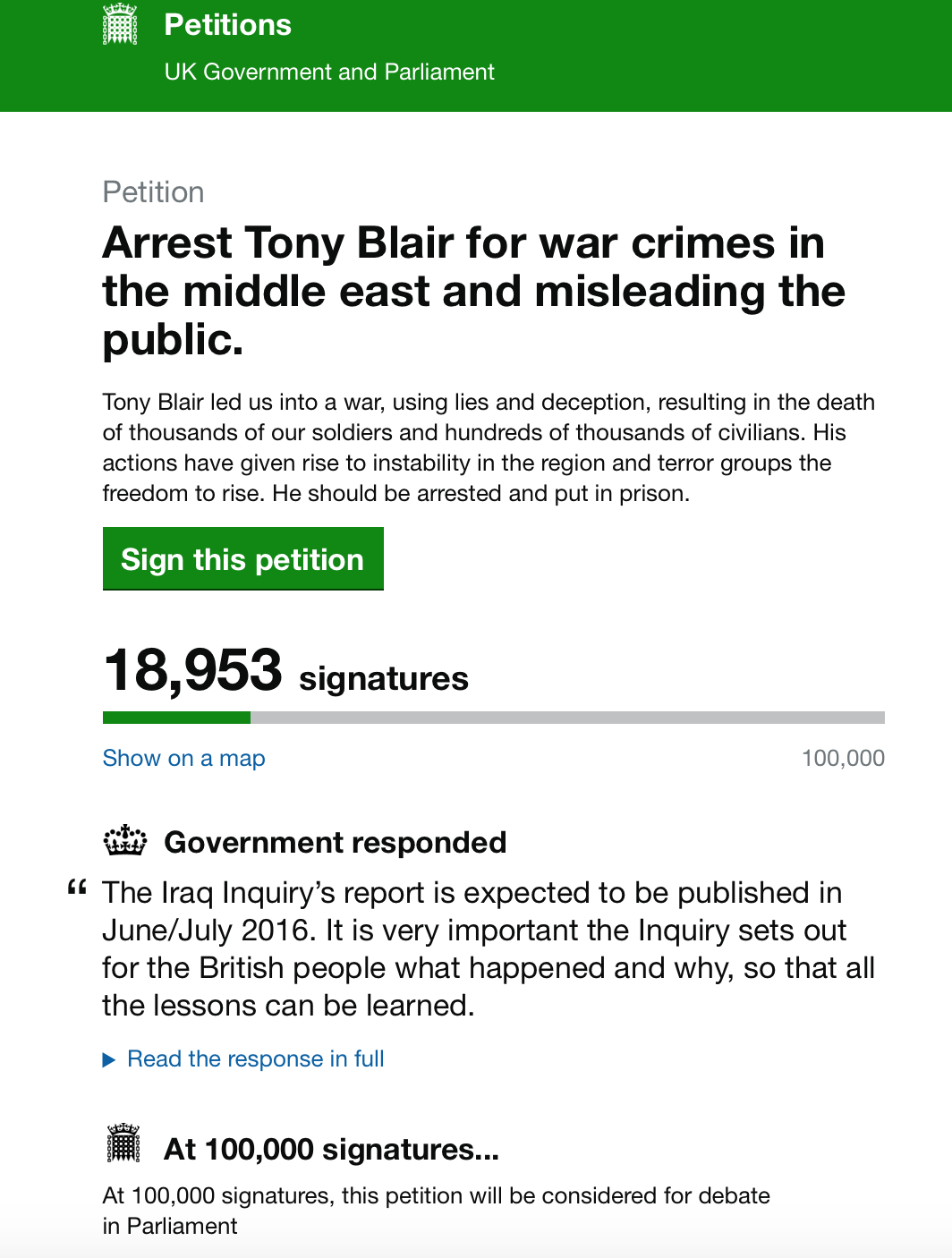As this Asia-Pacific Journal site (and its associated publications) has repeatedly demonstrated, Okinawa is a unique joint US-Japanese colony, that has endured 70 years of lying, deception, manipulation, discrimination, abuse and contempt from the Tokyo-based nation state. But it has also generated an opposition movement of world-historical significance on the part of the Okinawan people. That movement remains little understood internationally. The accompanying “position paper” by the “All Okinawa Council”1 is one recent initiative to try to remedy the situation.
What follows here is a resume of recent developments in the “Okinawa problem,” through the prism of the contradiction between the nation state headed by Prime Minister Abe Shinzo and the prefecture headed by the Governor, Onaga Takeshi, followed by a consideration of the three major dimensions of the ongoing struggle between them: in the realms of information, the law, and the physical confrontation at the Henoko site. The multi-faceted struggle enters a phase of crucial importance.
Onaga vs. Abe
The confrontation pits the Prime Minister and Cabinet of Japan against the Governor and people of Okinawa. Since assuming office (for his second term) in December 2012, Abe has pursued a radical agenda, not only oriented towards enforcing his will over Okinawa but towards transforming the national polity: reinterpreting the constitution, committing Japan to global military support for the US, and joining the Trans-Pacific Partnership. Yet for none of these things did he have a mandate, and it is salutary to remember that the political dominance (holding 61.3 per cent of seats in the lower house) that allows Abe such concentration of power rests on an electoral victory in December 2012 in which his coalition secured just 33.4 per cent of the votes in the proportional system. That is, since only 52.4 per cent of people voted, Abe’s team gained the support of just 17.4 per cent of eligible voters.
Within Okinawa the margin of opposition to the base project stands in successive surveys at above 70 per cent, on occasion even as high as 80, while even nationwide he faces growing opposition, i.e., support for the Okinawan stance.2 “All Okinawa” is one of the most recent, representative, and determined of the civic organizations challenging the Abe agenda.
When Abe Shinzo at the end of 2012 formed government for the second time (following his 2006-2007 administration), virtually the entire prefecture, including the Governor and the Okinawan branch of his own party, the Liberal Democratic Party (LDP), opposed the Henoko project. He therefore concentrated on weakening, dividing and neutralizing that opposition. In 2013, he achieved his first success by persuading two prominent Okinawan LDP politicians to reverse themselves and drop their opposition to the Henoko base in April, and in December they were followed by the Okinawa chapter of the LDP itself and eventually by the Governor. The first defector, Shimajiri Aiko played a key role in leading and helping orchestrate the shift and was rewarded by being made parliamentary secretary to the cabinet (naikaku seimukan) and later (October 2015) given a seat in the third Abe cabinet. Her task was plain: to steer Okinawa’s polity and society from resistance to compliance, as she had helped do earlier with the LDP.
In July 2014, relying as warrant on the formal consent to reclamation/construction extracted from Governor Nakaima in December 2013, the Abe government began preparatory works on Oura Bay. By late 2015 it was moving towards the actual reclamation – readying to scour the coastal hills and beaches of much of Western Japan to provide two and a half million tons of soil and sand to dump into it.
Having taken office as Governor in December 2014 committed to “do everything in my power” to stop the Henoko construction project, Onaga Takeshi became the figurehead of Okinawan resistance. Once in office, Onaga referred the Nakaima decision process to a Third Party (Experts) Committee of environmentalists and lawyers. When they in due course concluded from their meticulous examination that the process had indeed been marked by fundamental flaws, Onaga on October 13 formally cancelled the reclamation license. The national government, its warrant for works removed, temporarily suspended them, but it was determined to evade and negate the governor’s ruling. The Minister for Lands and Infrastructure (Ishii Keiichi) issued an order cancelling the Governor’s order on grounds that otherwise it would be “impossible to continue the relocation” and because in that event “the US-Japan alliance would be adversely affected.” 3 He proceeded to issue first an “advice,” and then, three days later, an “instruction” to Governor Onaga to withdraw the cancellation order. Onaga summarily rejected both.
On October 27, the Abe cabinet met and decided to step up its pressure. It declared (through the Minister for Defense) that there had been no “flaw” in the license Nakaima had granted, suspended ongoing (if mostly in effect stalled) negotiations with the prefecture, launched judicial proceedings in the Naha branch of the Fukuoka High Court to compel the prefecture’s compliance, and ordered the resumption of works at the site. It also ordered an additional 100-plus riot police from Tokyo (units with names such as “Demon” and “Hurricane”), to reinforce the mostly local Okinawan forces who till then had been imposing the state’s will at the construction site. Overall, it amounted to a constitutional coup: stripping the Governor and prefectural government of powers vested in them by the constitution and the Local Government Act.
Okinawa for its part refused the direction to withdraw the cancellation order, prepared to launch a vigorous judicial defense, and launched a formal complaint under the little-used “Council for Resolving Disputes between Central Government and Local Governments”4
That same late-October session of cabinet also decided to abandon the plan to shift some units of Marine Corps MV 22 “Osprey” VTOL aircraft training to facilities in Saga prefecture (i.e. in Kyushu, mainland Japan), since local municipal and prefectural authorities there were resolutely opposed. In other words, local opposition was respected in the case of Saga, but over-ruled in the case of Okinawa. Throughout Okinawa, this was seen as decisive evidence of the national government’s discrimination against it.
Information
Both the Abe state and the Onaga prefecture strive to represent their case in terms of a “story” that would be persuasive in Okinawa itself, Japan, and in international fora. While Abe and his ministers insist that there is no alternative to the Henoko project, that it amounts to a “burden reduction” for Okinawa, and that the project has now entered the irreversible phase of “main works” (hontai koji), Governor Onaga presents the totally different story of an inequitable and increasing burden, building upon the initial illegal seizure of Okinawan land and in defiance of the clearly and often expressed wishes of the Okinawan people; of a struggle for justice and democracy and for the protection of Oura Bay’s extraordinary natural biodiversity, worthy, as the prefecture saw it, of World Heritage ranking. Increasingly, Okinawa carries that message to international fora, including the the Governor’s mission to the US in May and the UN (Human Rights Committee) in Geneva in September 2015. The All Okinawa mission of November 2015 is part of that process.
The visit to Okinawa by the Greenpeace vessel, Rainbow Warrior in early November 2015 was another expression of this gradual internationalizing of the dispute. Though Greenpeace had several times in the past (2000 and 2005) visited Okinawa, including Oura Bay, this time the vessel was allowed to dock only in in Naha and Nago harbours, its crew forbidden even to go ashore at Naha for four days, and refused permission to visit Oura Bay. It signified the Abe government’s determination to contain the Okinawa story and stop it from gaining wider international publicity.
Another measure of the Abe government’s intent to control the “Okinawa story” is the view, several times articulated, by Abe’s close friend, the novelist Hyakuta Naoki, that the two Okinawan newspapers (Ryukyu shimpo and Okinawa Times) should be closed down because they express “traitorous” views. Hyakuta is an Abe appointee (2013) to the board of governors of Japan’s public broadcasting corporation, NHK. Though such views amounted to “hate speech,” they attracted little attention in mainland Japan.5
The Abe government steadily strives to sway local Okinawan opinion, finding and encouraging supporters for the government’s design and countering elected officials who oppose it. In the cabinet reshuffle of October 2015, Shimajiri Aiko, the original “turncoat” of 2013 was promoted to cabinet as Minister for Okinawa, with responsibilities that included also the Northern Territories, science and technology, space, oceans, territorial problems, IT, and “cool Japan.” She was much appreciated in Abe circles, not only for her role in 2013 but for the views she expressed in 2014-5: calling for the Riot Police and Coastguard to be mobilized to curb the “illegal, obstructionist activities” of the anti-base movement (February 2014), denouncing Nago mayor Inamine for “abusing his power (April 2015), and referring contemptuously to the “irresponsible citizens’ movement” (October 2015). As Okinawa minister, she could be expected to use her considerable powers of patronage and influence to try to sway Okinawan society towards submission to the Abe design.
Since Nago City had from 2010 twice returned a mayor and local assembly majority that resisted all attempts at suasion, and refused to accept any monies linked to it, Abe, Shimajiri, and other members of government paid close attention to trying to divide and weaken the city’s anti-base movement. Late in October, the heads of three of the city’s 55 sub-districts (ku) – Henoko, Kushi and Toyohara (population respectively 2014, 621, and 427) – were invited to the Prime Minister’s office in Tokyo. They set out their wish-list, asking for repairs to the local community halls, purchase of lawnmowers, and provision of one (or perhaps several) “azumaya” (a kind of summer-house or gazebo).6 They were told they were to be allocated the sum of 13 million yen each in the 2016 budget, a subsidy that would bypass the representative institutions of the city and prefecture. It was to be (as Chief Cabinet Secretary Suga later put it), “compensation” for the noise and nuisance caused them by the protest movement.
It was a trifling enough sum (less than half a million dollars in all), but it was without precedent, it defied the principles of parliamentary sovereignty and local self-government, and was a most likely illegal attempt to evade democratic will and constitutional procedure. 7 Public funds were appropriated, with no accountability, to encourage a cooperative, base-tolerating spirit in a few corners of a stubbornly anti-base city.8
The ku in rural Japan and Okinawa are the very smallest administrative units, commonly based on traditional and family networks. No head of a ku had ever been invited to the Prime Minister’s residence, seated at the table with top state officials like a head of state, and offered direct subsidy from state coffers.
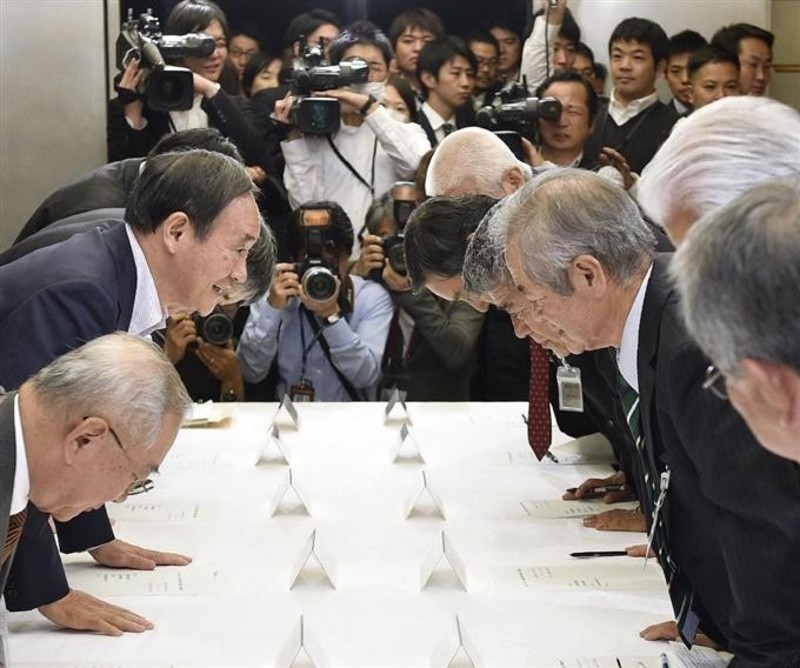 Chief Cabinet Secretary Suga (left) meets heads of the three Kube Districts, Prime Minister’s office. (Photo: Sankei shimbun, October 26, 2015) Chief Cabinet Secretary Suga (left) meets heads of the three Kube Districts, Prime Minister’s office. (Photo: Sankei shimbun, October 26, 2015) |
Suga declared that the local ku districts “agreed” to the Henoko construction albeit with some strings attached, and suggested it was only natural that they be given every encouragement. However, within weeks, the heads of all three contradicted him, saying he had misunderstood them. The head of Kushi insisted that that district had not changed its opposition to Henoko base construction since taking that position in 1997, and the head of Toyohara that “absolutely no-one in Toyohara” wanted a base.9
The extraordinary appropriation for the three districts was in the same vein as the LDP Secretary-General’s 50 billion yen offer of funds for Nago City’s development on the eve of the crucial mayoral election of January 2014 (decisively rejected by the city which returned instead its anti-base incumbent). Citizens of Nago are familiar with such crude interventions, and might even take heart from this most recent one because there was something pitiful about the spectacle of the national government hosting local bigwigs and trying to seduce them with lawn-mowers to its base construction cause. It was, as Ryukyu shimpo put it, an “unprecedented politics of division”10.
However, although such extraordinary, unaccountable disbursements (almost certainly illegal and probably unconstitutional) were intended to show how cooperativeness would be rewarded, Shimajiri’s position late in 2015 was fragile. A civic ombudsman organization launched a criminal complaint against her alleging breaches of the Public Election Law and the Political Funds Regulation Law,11 precisely the offences for which two female ministers of the Abe cabinet had been forced to resign in September 2014.
Law
In a democratic polity, when different units of the polity are in dispute, resort to the law would normally be seen as the necessary path to resolution. But as the Henoko problem is referred to the judiciary, there is a question as to whether Japan, especially Abe’s Japan, enjoys the division of powers and independence of the judiciary that are the hallmark of modern, constitutional states. As the Abe government in July 2014 had effectively amended the constitution by the simple device of adopting a new interpretation, so in 2015 it showed scant respect for the relevant laws in the way it addressed Henoko reclamation. On the one hand it pretended for purposes of its dispute with Okinawa to be just like a “private person” (ichishijin) seeking redress under the Administrative Appeals Law (a law specifically designed to allow aggrieved citizens to seek redress from a recalcitrant state, whose function he was thus reversing), while on the other it deployed the full powers and prerogatives of the state under the Local Self-Government Law to sweep aside prefectural self-government and to assume the right to proxy execution of an administrative act (gyosei daishikko). As constitutional lawyers had, overwhelmingly, condemned the 2014 de facto revision of the constitution, so in 2015 they criticized as manipulation or breach of several laws the way the Abe government was proceeding in the dispute with Okinawa prefecture.12 In Okinawa such proceedings are seen as a mockery of any claim to fairness and objectivity.”13
The legal procedures, still at a relatively early stage, will play out in months ahead. However, the grim reality facing Okinawans is that the courts have, since the Sunagawa case of 1959, abandoned their theoretical, constitutional prerogatives to adjudicate on contests involving state rights on the grounds that “matters pertaining to the security treaty with the United States are “highly political” and concern Japan’s very existence.14 This means that in effect the security treaty is elevated above the constitution and immune from challenge at law. As former [1990-1998] Governor Ota Masahide, remarked,
“Despite the principle of separation of powers, the judiciary in Japan tends to subordinate itself to the administrative branch … I think it will be very difficult for the prefectural government to win the suit.” 15
Ota had himself been the target of heavy Tokyo pressure when in 1995 he refused to sign the proxy lease-agreement documents to allow the continued confiscation of private Okinawan land for base purposes. Arraigned before the High Court, he was issued in August 1996 with a peremptory order to obey. The fact that he then submitted makes this a worrying precedent for those who would place their faith in his successor.
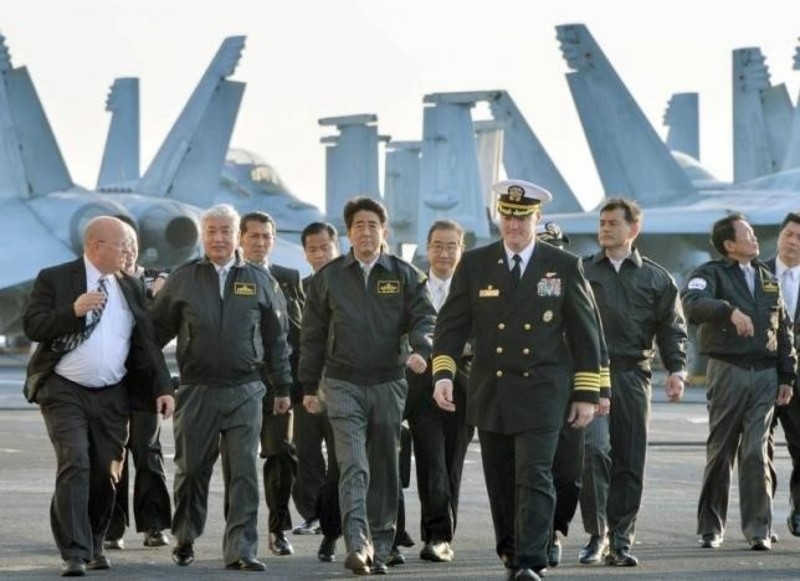 Prime Minister Abe Shinzo with, to his right, Defense Minister Nakatani Gen and to his left Chris Bolt, the captain of the USS nuclear-powered carrier, Ronald Reagan, with Finance Minister Aso Taro 2nd from right. (Photo: Reuters/Kyodo) Prime Minister Abe Shinzo with, to his right, Defense Minister Nakatani Gen and to his left Chris Bolt, the captain of the USS nuclear-powered carrier, Ronald Reagan, with Finance Minister Aso Taro 2nd from right. (Photo: Reuters/Kyodo) |
In the meantime, however, there are many legal options open to Okinawa and to Governor Onaga to delay and obstruct the government. The law had never envisaged the carrying out of a massive project in the teeth of local non-cooperation. The Governor of Okinawa and mayor of Nago City could, and undoubtedly would, block and delay each stage of the process. The Okinawan Prefectural Assembly in 2015 adopted a law empowering the prefecture to inspect soil or sand being imported from outside the prefecture (and at least in principle to forbid its entry) because of the fear that pathogens imported from elsewhere (including Argentine ants) could wreak devastating effects on the island’s environment.16 The Okinawan protest movement on this front was gradually stirring a response in the many districts throughout Western Japan targeted for the provision of sand and soil for the base project; in other words, opposition was spreading at the “supply” end as well as at the Okinawan reclamation site. Henoko was also found to be the location of important “natural monuments” such as hermit crabs, and of historically important “cultural relics” dating back to the pre-modern Ryukyu era such as “anchor stones.” Even as Abe readied his heavy machinery to step up the assault on the Bay, the discovery of 17 culturally significant earthen and stone-ware objects in the Oura Bay site vicinity was announced. It was thought almost certain to lead to legal measures to protect and further investigate the site.17
Physical Confrontation
The Abe government is different from previous LDP governments in the violence with which it treats the resolutely non-violent protest encampment at the Camp Schwab gate that opens to the Henoko construction site. The earlier design of a Henoko offshore base had been abandoned in 2005 because, as then Prime Minister Koizumi put it, of “a lot of opposition”18 and, as was later learned, because the Coastguard was reluctant to be involved in enforcing the removal of protesters from the site for fear of bloodshed.19 No such inhibitions appeared to affect Prime Minister Abe and his government in 2015.
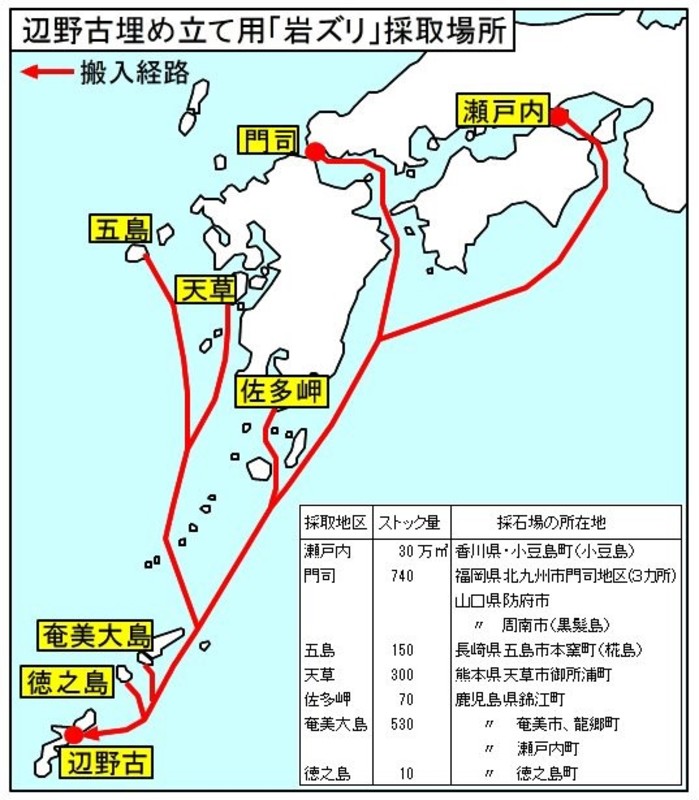 Designated Land-fill Sources and Routes of Transport to Henoko/Oura Bay (Map showing, from top, Setouchi, Moji, Amakusa, Goto, Amakusa, Satamisaki, Amami oshima, Tokunoshima, with Henoko at far bottom left.) Designated Land-fill Sources and Routes of Transport to Henoko/Oura Bay (Map showing, from top, Setouchi, Moji, Amakusa, Goto, Amakusa, Satamisaki, Amami oshima, Tokunoshima, with Henoko at far bottom left.) |
Despite being relatively remote and difficult of access, especially in the early mornings, Henoko attracts steadily growing numbers of participants, exceeding 1,000 for the first time on the 500th day of the sit-in, November 18, 2015. While the citizenry remains committed to non-violence and to the exercise of the right of civil disobedience only after exhausting all legal and constitutional steps to oppose the base project, the National Coastguard and Riot Police appear to be flaunting their violence more and more openly, dragging away protesters (quite a few of whom are in their 70s and 80s), dunking canoeists in the sea, pinning down one protest ship captain till he lost consciousness, and on a number of occasions causing injuries to protesters requiring hospital treatment.20 The daily scenes from the Henoko site are shown on local television and in the two prefectural newspapers (i.e. the media that in Abe circles is seen as deserving to be shut down).
If the Abe government design had been to induce submission by the exercise of overwhelming force at the works site, and by wielding its authority in the judicial arena and executive arenas, it has not worked. If anything, it is counter-productive. Okinawan anger deepens. If the ongoing “Battle of Henoko” were to continue indefinitely on its current lines for the five years that the government reckons reclamation and construction would take, “unforeseen” events, with the real possibility of bloodshed, become more likely. In the supposed pursuance of “security,” insecurity spreads. The riot police reinforcements sent from Tokyo at the beginning of November 2015 were no doubt chosen in part because they could be expected to remain insensitive to this Okinawan pain and anger.21
Martin Niemoller (1892-1984), in his lament over the German people’s failure to contest the rise of Nazism till too late, wrote “First they came for the Communists” after which “they” came for the Jews, gypsies, homosexuals, etc, but it did not concern “me” till it was too late. In today’s Japan, “they” is the Abe regime and “they” have come now for the Okinawans. If democracy is to survive, the Japanese people as a whole will have to realize that, like the sometime Germans, they today are “all Okinawans.” It is not just the fate of Oura Bay but the principles of a law-based constitutional state, committed t truth, justice, and democracy, that are under threat in Okinawa and must be defended there lest they be swept aside in Tokyo, Osaka and throughout Japan.
Gavan McCormack is an honorary professor of Australian National University, editor of the Asia-Pacific Journal, and author of many texts on aspects of modern and contemporary East Asian History, including Resistant Islands: Okinawa Confronts Japan and the United States, Boulder: Rowman and Littlefield, 2012 (co-authored with Satoko Oka Norimatsu). His work is commonly published in Japanese, Korean and Chinese, as well as English. For some of his recent essays, “Okinawa as sacrificial victim,” Le Monde Diplomatique, October 2015, pp. 6-7, and “Chauvinist nationalism in Japan’s schizophrenic state,” in Leo Panitch and Greg Albo, eds, The Politics of the Right, Socialist Register 2016, London, The Merlin Press, 2015, pp. 231-249.
Notes
1 See accompanying paper on this site, The All Okinawa Council/Yoshikawa Hideki, “All Okinawa goes to Washington.”
2 “Polls show growing nationwide opposition to Henoko relocation,” Ryukyu shimpo, May 4 2015. One recent survey found an astonishing 90-per cent level of nation-wide popular opposition to the Abe policy on Henoko. “Henoko hantai 9-wari, Shutoken, Kansai, kaito de 1-man nin tohyo,” Ryukyu shimpo, November 27, 2015.
3 “Tokyo overturns Futenma works plan,” Japan Times, 1 November 2015.
4 This is a five-person unit within the government’s Department of General Affairs, set up in 2000 but to date only twice called upon to adjudicate a dispute. On neither occasion –both matters of relatively minor importance – did it return a finding negative to the government. (“Keiso-i handan wa yosoku konnan,” Okinawa taimusu, November 2, 2015.)
5 Ando Kenji, “Kono kuni wa zentaishugi ni ippo ippo susunde iru, Hyakuta Naoki ni Ryukyu shimpo to Okinawa times ga hanron,” The Huffington Post, July 2, 2015.
6 “Jimoto 3-ku ni kuni hojokin kofu e, Henoko kichi hantai Nago-shi no atamagoshi,” Tokyo shimbun, October 27, 2015.
7 Takeda Shinichiro, professor of administrative law at Seikei University, quoted in Suzuki Takuya, Uechi Kazuki, Yoshida Takushi, “Seiken, Henoko 3 chiku ni chokusetsu shinkohi no shishutsu, ken, machi no atamagoshi ni,” Asahi shimbun, October 26, 2015.
8 “Kube 3-ku kofu yoko o sakutei, kaku-ku ni 1300-man en,” Ryukyu shimpo, November 27, 2015.
9 “Henoko yonin, jimoto 2 kucho ga hitei, kichi isetsu de seifu setsumei to kuichigai,” Tokyo shimbun, November 18, 2015. And “Henoko chokusetsu hojokin’ chiiki kowasu kosoku na shudan da,” editorial, Okinasa taimusu, November 30, 2015.
10 “Kube 3-ku kofukin, Seiken no ichite wa gyaku koka unda,” Ryukyu shimpo, November 30, 2015. See also “Kuhe 3-ku kofu yoko o sakutei, kaku-ku ni 1300-man en,” Ryukyu shimpo, November 27 2015.
11 “Shimajiri Aiko Okinawa-sho o keiji kokuhatsu, ‘karenda’ mondai de daigaku kyoju ra 30 nin,” Okinawa taimusu, November 24, 2015.
12 See Lawrence Repeta, “Construction of an outlaw base in Hnoko,” Japan Times, November 15, 2015.
13 “Henoko hontai koji chakko’ jichi hakai suru bokyo da,” editorial, Okinawa taimusu, October 30, 2015.
14 See discussion in Gavan McCormack and Satoko Oka Norimatsu, Resistant Islands: Okinawa Confronts Japan and the United States, Boulder: Rowman and Littlefield, 2012, pp. 53-54.
15 “Okinawa governor plans countersuit in U.S. military base row,” Kyodo, JIJI, Staff Report, November 18, 2015
16 “Seitaikei hogo, shin kichi e kabe,” Okinawa taimusu, November 1 2015.
17 “Ichidai ni bunkateki kachi,” Ryukyu shimpo, November 4, 2015 and also “Shin kichi yoteichi ni doki,” Okinawa taimusu, November 3 2015. And “Ken kyo-i, schwabu doki no bunkazai nintei, shin kichi koji e eikyo hisshi,” Ryukyu shimpo, November 28, 2015.
18 McCormack and Norimatsu, p 98.
19 According to Moriya Takemasa, senior official in Defense Agency (later Department of Defense), 1996-2007, closely connected with Henoko-related matters, as related in his 2010 book ‘Futenma kosho’ hiroku. Noted in “Henoko shimin 700-nin kesshu, ‘taishu undo no seika da’,” Okinawa taimusu, 25 November 2015.
20 “Karetsu na Henoko keibi, shimin no inochi kiken ni sarasu na,” Ryukyu shimpo, November 23, 2015.
21 The Self-Defence Forces were accommodated at a nearby luxury resort hotel, the Kanucha Resort, which charges a basic daily rate of 25,800 yen, or about $300. They were thereby immunized from any possibly dangerous thoughts that might strike them if exposed to local society. (“Kokuhi de rizoto shukuhaku,” Shukan kinyobi, November 20, 2015, p. 8.)
